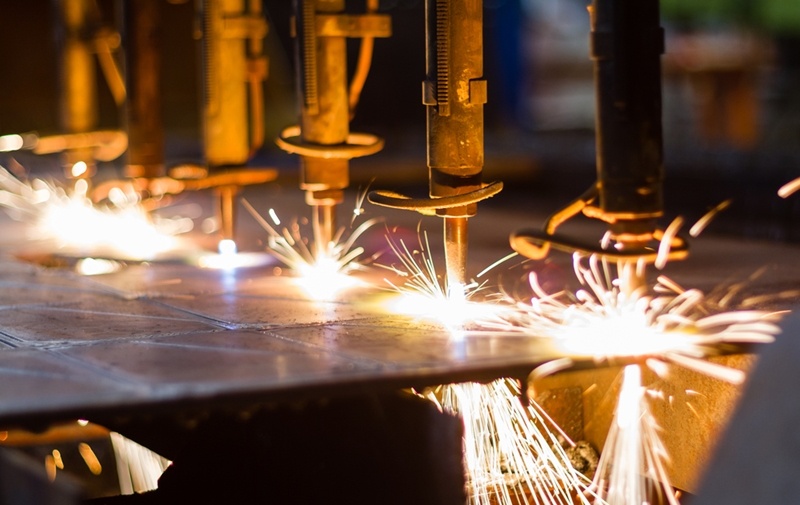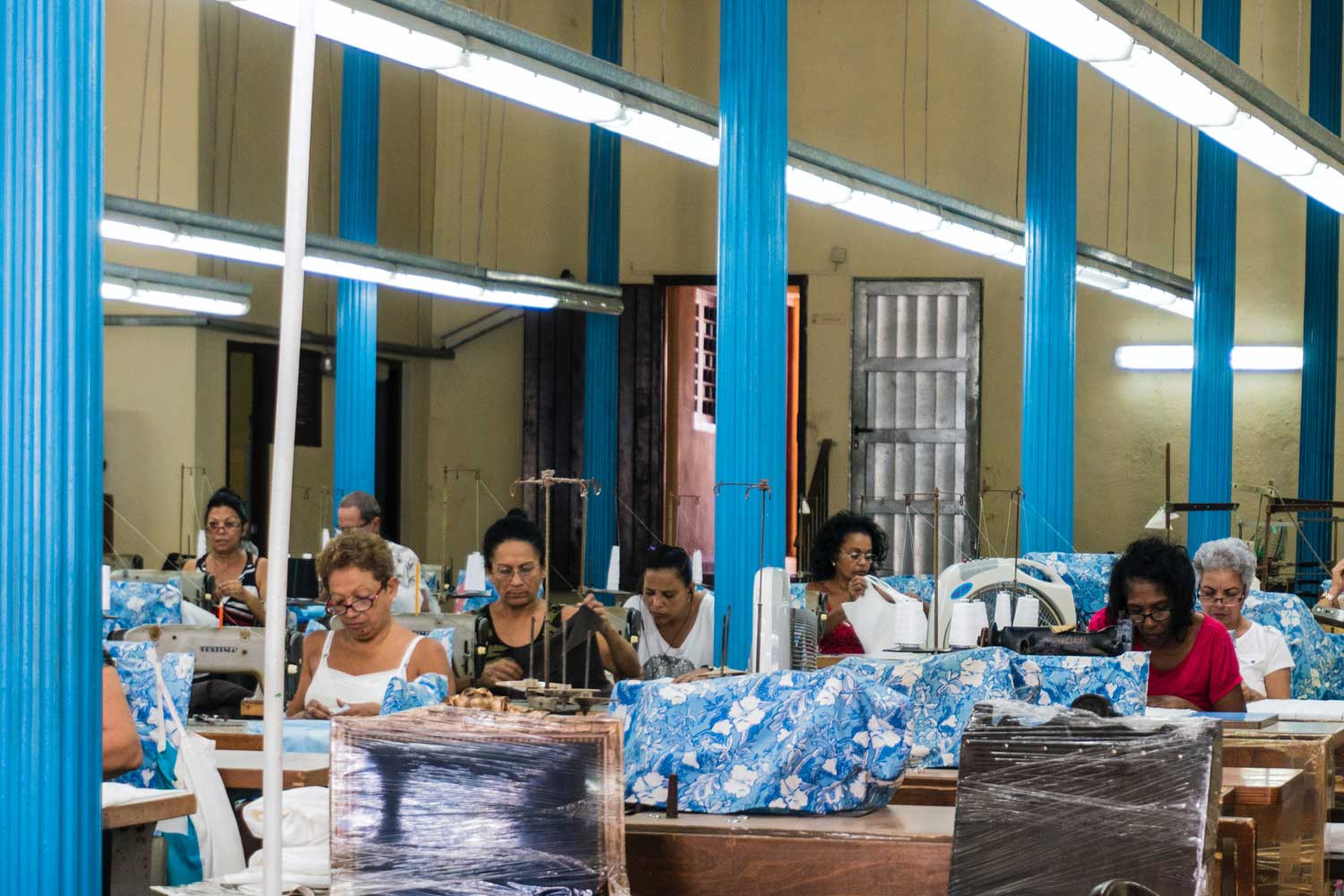As a developing nation, Mexico has taken great steps to position itself as one of the fastest growing economies, not only in Latin America, but the world. According to a report from Estafeta U.S.A., citing data from National Institute of Statistics and Geography, by the end of Q4 2014, the country experienced economic growth at a rate faster than what was recorded the previous two years. This year, analysts predict Mexico's economy to grow by an additional 3 percent.
One of the contributors to Mexico's rapid economic expansion is the automotive sector and the considerable investments that foreign vehicle manufacturers have made to bolster their production activities. These organizations have a number of reasons for choosing the country as a home for its activity.
The North American Free Trade Agreement is one is one example. Being able to import materials into the country and export finished goods out tariff free is one of the more attractive options when companies consider expanding to Mexico. According to Cambridge Systematics, the country has 12 agreements in place with 44 nations throughout Asia, Europe and North America. In addition, Mexico has 23 bilateral investment agreements that allow companies operating inside of the country to reach a consumer base of nearly 1 billion existing and potential customers.
Not only do automakers enjoy these benefits, but aerospace, medical device and consumer electronics manufacturers enjoy these perks as well.
 Mexico offers many benefits for foreign companies around the globe to establish manufacturing operations in the country.
Mexico offers many benefits for foreign companies around the globe to establish manufacturing operations in the country.Mexico also provides these organizations with a highly skilled workforce that owns both professional and technical degrees. In a nation of more than 115 million people, 10 percent of the population - equal to 115,000 individuals - graduate from colleges, universities and trade schools each year. These individuals work in a majority of positions inside of the factories established by foreign companies – from assembly to managerial occupations.
Lastly, people living in Mexico who hold manufacturing positions in the country command much lower wages, on average, than other offshoring destinations, while also skewing younger. Cambridge Systematics wrote that the median age of a Mexican worker in 2010 26.6-years-old. In five years, it will be 36.2 years of age. This means that foreign organizations will enjoy years of service from qualified individuals owning the technical proficiency to work inside of a manufacturing operation.
Given these extensive benefits, for companies considering establishing a presence in Mexico, there are a number of best practices that need to be followed.
"In a country of more than 115 million people, 10 percent of the population - equal to 115,000 individuals - graduate from colleges, universities and trade schools each year."Tips for expanding to Mexico
Given that the country has ben diligently working to attract foreign companies to do business within its borders, Mexico has removed many restrictive barriers. Citing data from a 2014 survey conducted by World Bank, Estefata U.S.A. wrote that the country ranked 39 out of 189 nations polled on ease of doing business. This number pushed Mexico into one of Latin America's top five countries to do business in.
However, foreign companies should understand some general rules in order to achieve successful operations in Mexico. Inbound Logistics wrote that it would be important for a company to ideally have staffers who are bilingual. This is crucial for any individuals who will deal with customers on a day-to-bay basis. If any changes are made or required, it will be necessary to confirm in one language while communicating information to those involved in assembly and production in a separate dialect - in the case of Mexico, Spanish.
It may also help to ease the concerns of clients who may have reservations about a partner organization doing business in the country. There are multiple reasons for this. However, it is likely that security is at the top of the list.
Many are aware of the negative perception that Mexico has. As a result, foreign companies, before expanding to Mexico, would be wise to make the security of its factory and those working within its walls a top priority. Inbound Logistics suggests hiring as many as two third-party security organizations to ensure the protection of both soft and physical assets.
From there, it may be wise to allow customers to visit your Mexican factory operation and allow them to see the operation for themselves and highlight the security efforts made to reassure them of any safety and security worries that they may have had.
Lastly, it will be critical for people living in Mexico performing factory work to be engaged in their tasks. This calls for consistent and open communications between leadership and those managing the operation on the ground.
Manufacturing in Mexico will continue to trend upward as more companies find the benefits offered by the country's government attractive. Ultimately, an organization will see lowered labor costs and improved profit margins, while their customers will enjoy receipt of products that will always be of the highest quality. These are just a few of the advantages of establishing an offshoring presence in Mexico.
Subscribe
Sign up and stay informed with tips, updates, and best practices for manufacturing in Mexico.



.jpg)

